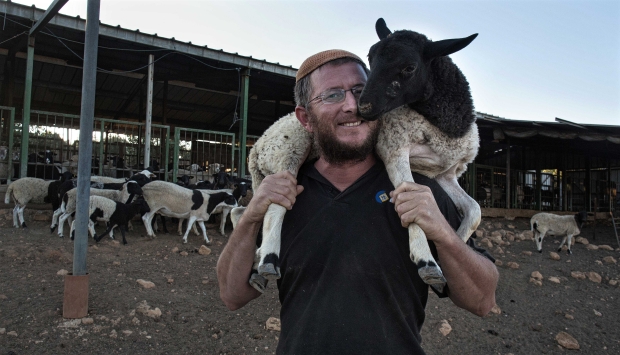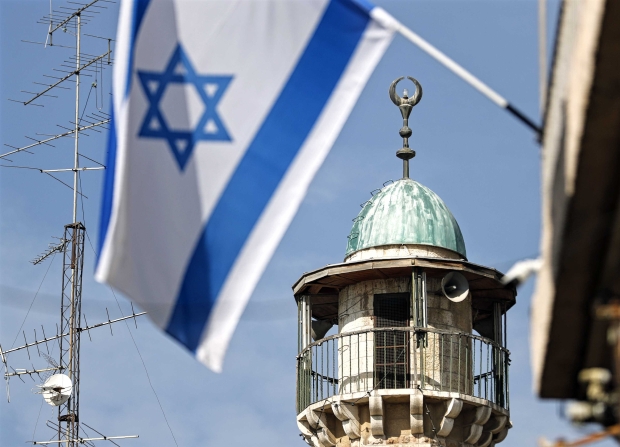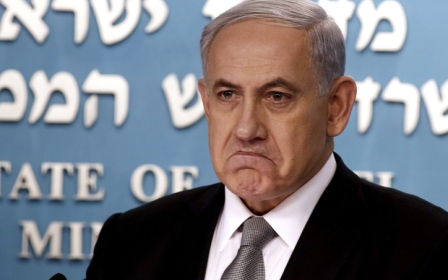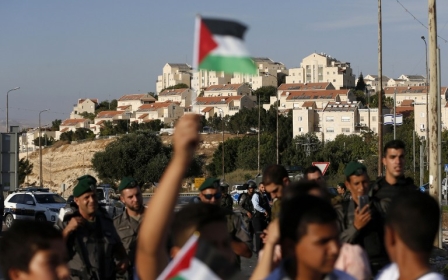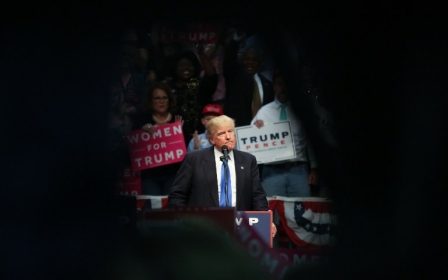Palestinians attack Israeli plans to back settlements, mute mosques’ call to prayer
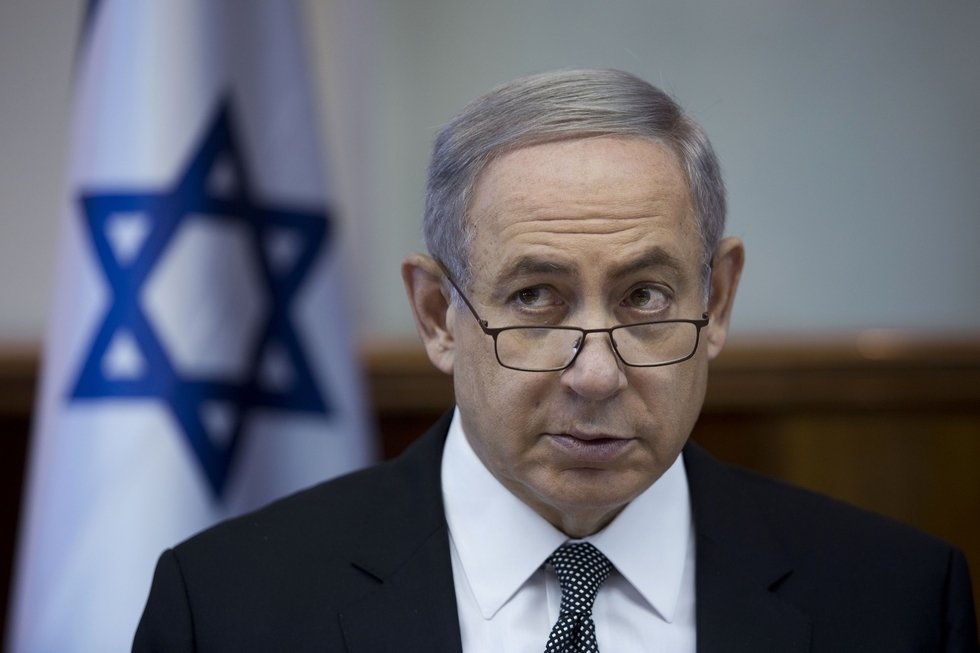
Palestinian leaders have attacked Israeli plans to legalise Jewish settlements built on private Palestinian land, according to agency reports, and said they intend to take the issue up with the United Nations.
"The recent Israeli measures are going to lead to catastrophe in the region," said Nabil Abu Rudeina, spokesman for Palestinian president Mahmoud Abbas.
"The Palestinian leadership will turn to the UN Security Council and all other international organisations to stop those Israeli measures."
'The Palestinian leadership will turn to the UN Security Council and all other international organisations to stop those Israeli measures'
- Nabil Abu Rudeina, Palestinian presidential spokesman
Palestinian foreign minister Riad al-Malki added that the Israeli government was seeking to "impose facts on the ground and create new realities by legalising the illegal actions that it commits."
Israel's ministerial committee for legislation approved a draft bill on Sunday, aimed at legalising wildcat Jewish settlements built on private Palestinian land, parliamentary sources said.
Prime Minister Benjamin Netanyahu also backed a bill limiting the volume of calls to prayer from mosques, a proposal government watchdogs have called a threat to religious freedom.That bill was also denounced bt the Palestinian authority.
The settlement bill must pass through three readings in parliament and also be ratified by the supreme court before it can become law.
The vote was rushed through the ministerial committee in an attempt to prevent the evacuation of the Jewish settlement of Amona in the Israeli-occupied West Bank by the end of the year.
But Israel's high court rejected on Monday the government bid to delay the evacuation the Amona settlement in the occupied West Bank beyond a 25 December deadline.
Amona is home to about 40 families - who right-wing politicians have called on to remain - and was built on land privately owned by Palestinians, who have petitioned the court for the outpost to be removed.
"The evacuation must occur before December 25," the court said in its ruling. "The court rejects the delay requested by the state."
In what seemed to be a sharp criticism of the government, it further said that "the duty to obey rulings is not a matter of choice.
"It is an essential component of the rule of law to which all are bound as part of the values of the state of Israel as a Jewish and democratic state."
The international community considers all Israeli settlements in Israeli-annexed East Jerusalem and the occupied West Bank to be illegal, whether they are authorised by the government or not.
They are also seen as a major stumbling block to peace efforts as they are built on land the Palestinians see as part of their future state.
2,000 homes built on Palestinian land in West Bank
The controversial bill approved unanimously on Sunday stipulates that the government could order the confiscation of privately owned Palestinian land in exchange for compensation.
It was at the centre of a row between Prime Minister Benjamin Netanyahu who had sought to delay the vote and hardliners in his ruling right-wing Likud party.
The anti-settlement Peace Now movement denounced the vote. "It is a shame: the government is backing a law that will allow the confiscation of privately owned Palestinian land in order to build settlements," said Hagit Ofran, one of the watchdog's leaders.
According to Ofran, about 2,000 homes have been built on land owned by Palestinians in the West Bank.
Attorney General Avichai Mandelblit warned the ministers that he would be unable to defend the bill before the supreme court.
Calls to prayer under attack
Meanwhile, Netanyahu, speaking before a ministerial committee adopted the draft bill on stopping the use of public address systems for calls to prayer, said he would support such a move.
"I cannot count the times - they are simply too numerous - that citizens have turned to me from all parts of Israeli society, from all religions, with complaints about the noise and suffering caused them by the excessive noise coming to them from the public address systems of houses of prayer," Netanyahu said at the start of a cabinet meeting.
While the draft bill applies to all houses of worship, it is seen as specifically targeting mosques. Israel's population is roughly 17.5 percent Arab, most of them Muslim, and they accuse the Jewish majority of discriminating against them.
East Jerusalem is also mainly Palestinian and traditional calls to prayer by muezzins through PA systems can be heard in the city.
The Israel Democracy Institute, a non-partisan think tank, has spoken out against the proposal. On Sunday, one of the watchdog's officials accused Israel's right-wing politicians of dangerously using the issue to gain political points under the guise of improving quality of life.
Nasreen Hadad Haj-Yahya wrote in Israeli newspaper Maariv that "the real aim" of the bill "is not to prevent noise, but rather to create noise that will hurt all of society and the efforts to establish a sane reality between Jews and Arabs".
Netanyahu heads what is seen as the most right-wing government in Israeli history.
This article is available in French on Middle East Eye French edition.
New MEE newsletter: Jerusalem Dispatch
Sign up to get the latest insights and analysis on Israel-Palestine, alongside Turkey Unpacked and other MEE newsletters
Middle East Eye delivers independent and unrivalled coverage and analysis of the Middle East, North Africa and beyond. To learn more about republishing this content and the associated fees, please fill out this form. More about MEE can be found here.


